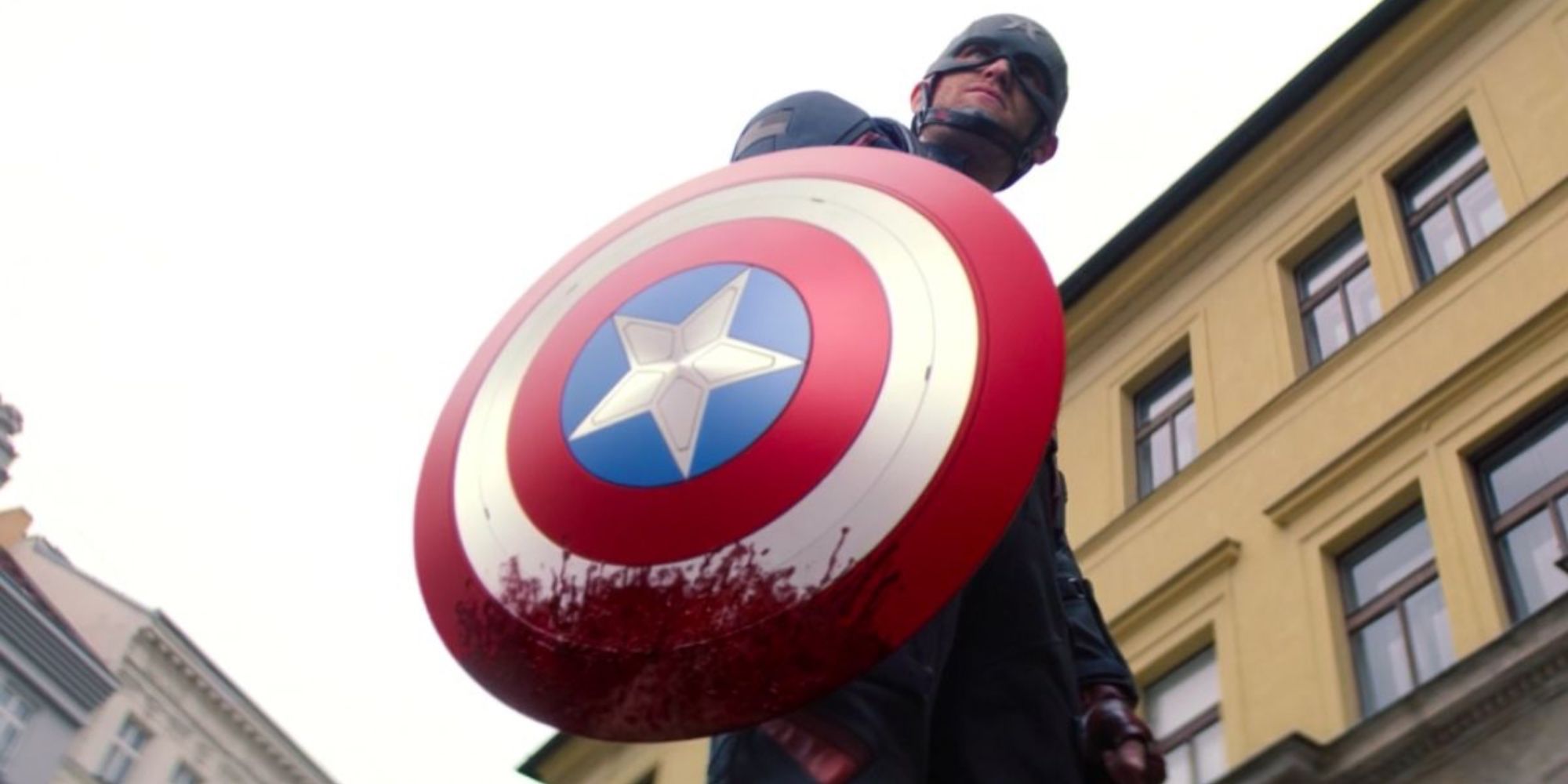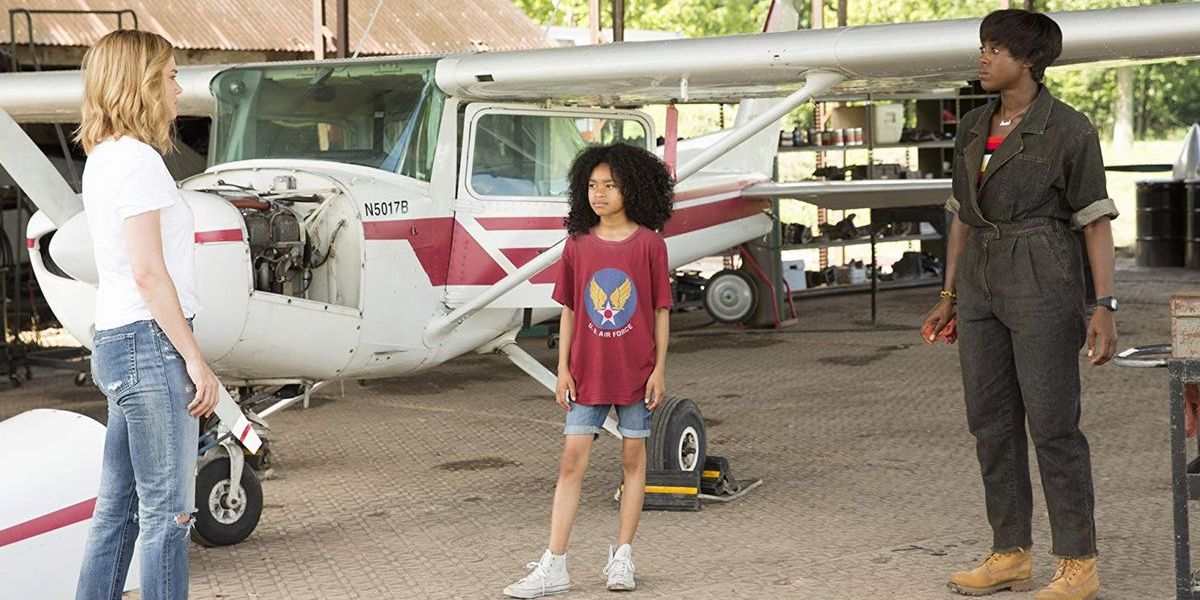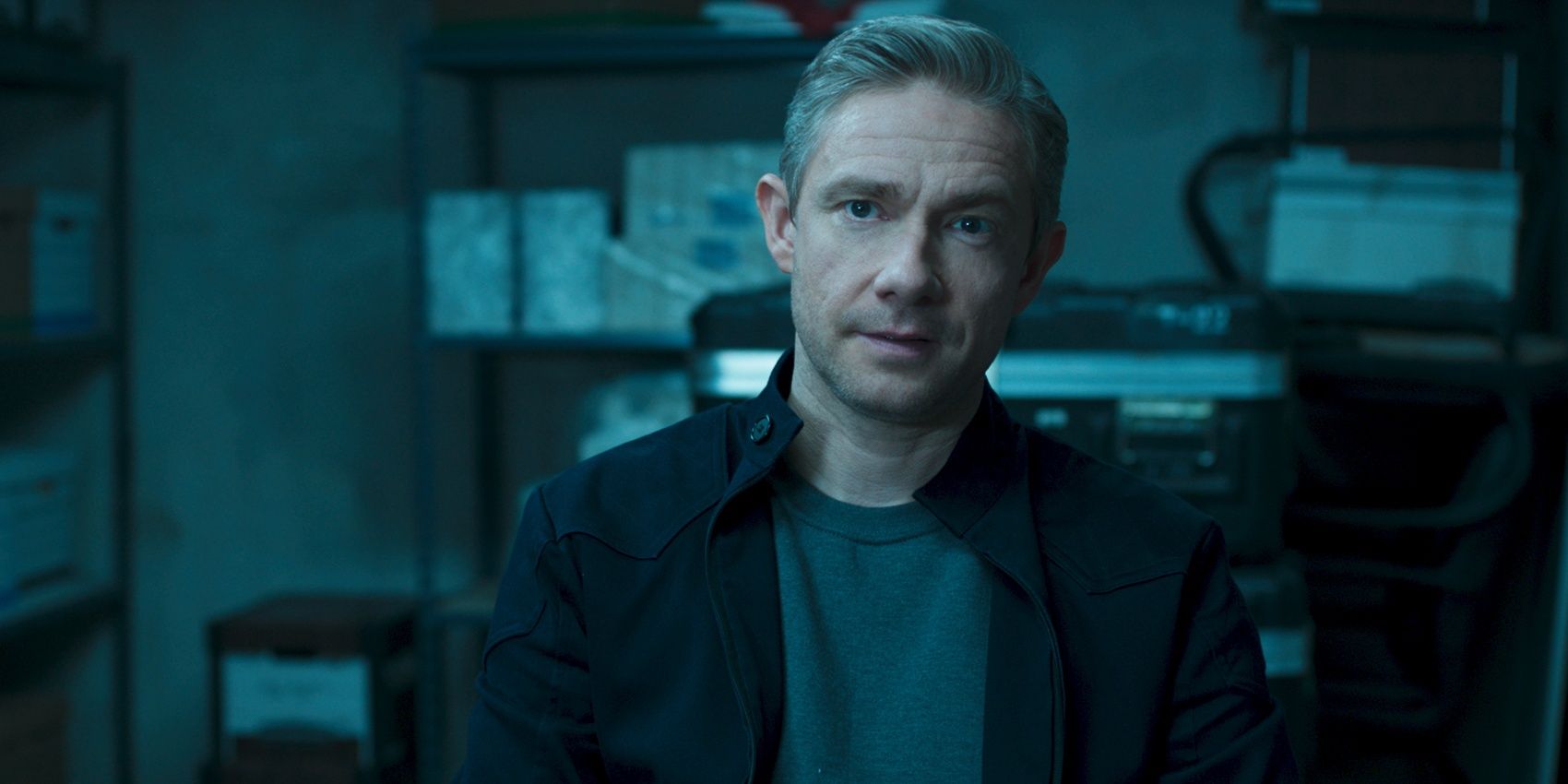The Marvel Cinematic Universe is one of many blockbuster film franchises that is frequently accused of being blatant propaganda to raise the public opinion of the US military. This isn't exactly true, but there are a lot of troublesome decisions that the franchise has made that require a critical look from fans.
Marvel Comics were more than happy to flood their pages with direct and undisguised ad copy for the military. Captain America's comic book presence featured plenty of commercials for war bonds while also serving to keep morale high at home. However, the cultural view of both Marvel and the military has changed a lot since 1941.
At least six Marvel movies were made with the express approval and support of the US Military. Iron Man, Iron Man 2, Captain America, Captain America: The Winter Soldier, and Captain Marvel. Ang Lee's 2003 Hulk isn't technically in the MCU, but it was made with military support. This is a small minority in Marvel's overall catalog, but some of these films are pretty blatant in their military ties. The general deal is that Marvel gets to use real military hardware, film on military bases, and hire real soldiers as extras, while the Department of Defense gets to approve the final script of the film. In other words, Marvel gets tons of stuff to make production easier and cheaper, while the military gets to edit out anything that doesn't make them look good. This is by no means a Marvel problem. A ton of studio blockbusters take the same deal. It also doesn't cover all the brand's output, but direct sponsorship is only a part of Marvel's military problem.
The military's influence over the MCU is consistent and significant. Marvel has had to make changes to accommodate the Department of Defense's sweetheart deal. One well-known example came in a throwaway line in the original Iron Man. The script featured a military man claiming that soldiers would "kill themselves" for opportunities he had access to. That line ran afoul of the very real suicide problem among former soldiers that the military would rather keep quiet, so it was cut. That's a small example, but most fans will never get to learn about the larger ones. The presence of S.H.I.E.L.D in The Avengers lost the film its deal with the DOD, but the organization jumped back in for The Winter Soldier. One wonders why a movie about a secret Nazi conspiracy that's secretly responsible for almost every US military action since World War II would appeal to the Department of Defense.
Captain Marvel is probably the worst example of the military's relationship with the MCU. Carol Danvers is an Air Force fighter pilot in the comics and the film. The film leans on that background in a few key moments. She gets the colors for her distinct suit off of the Air Force merchandise she sees her friend's daughter wearing. An early montage looks staggeringly like a well-shot ad for the Air Force. It nailed this look so well that the film was used as marketing for the military. Brie Larson shot promos for the military, which turns the entire film's multi-million dollar marketing arm into a recruitment ad. This is inarguably a direct example of propaganda. The rest of the franchise isn't that blatant, but it still isn't free from advertising.
Even the movies that don't have a direct marketing connection to the US military have a noticeable bias towards it. Consider Black Panther, a movie about the monarch of an advanced African nation. The one prominent white character in that film is Everett K. Ross, a CIA agent who aids T'Challa in overthrowing Killmonger. The CIA has a long history of overthrowing regimes, but, in this film, an agent of the organization that put Pinochet in charge of Chile aids in a coup for good. This may not be the intention of the film, but the CIA sure appreciated it. The agency promoted the film heavily on social media, allowing it to glom onto a project that was seen as a great leap forward for representation and a masterful blockbuster film.
Marvel is far from alone in this issue. The overwhelming majority of American action blockbusters either directly work with the military or place it prominently in the plot. Marvel movies can point out some critiques of the military, but they still have to keep a tight leash on any talking points that would fly afoul of the armed forces. Whether they've directly teamed up with the DOD or not, Marvel creates stories that are almost always influenced by the ideals of American exceptionalism and military strength.
This is a problem with American media in general. Video games, comics, TV, movies, and more are influenced by the marketing arm of the military-industrial complex. Marvel is not unique in this problem, but it is a huge issue for a brand primarily marketed towards kids and young adults. Marvel must be careful what message it puts forth and fans have to think critically about the media they consume.



